When it comes to making your home more energy-efficient, one of the most important yet often overlooked aspects is the windows. Windows can have a significant impact on a household's energy consumption, particularly regarding heating and cooling needs. By understanding how different types of windows can either enhance or hinder energy efficiency, homeowners can make informed decisions that not only lower their utility bills but also contribute to a more sustainable environment.
The Importance of Window Insulation
One critical factor in how windows affect energy efficiency is their insulating properties. Poorly insulated windows allow warm air to escape during winter and let cold air seep in. In summer, the reverse happens: cool, conditioned air can leak out, and hot outdoor air can flow in, making your HVAC system work harder. According to the Department of Energy, heat gain and loss from windows is responsible for 25% to 30% of residential heating and cooling energy use. Enhanced insulation in windows can mitigate this energy expenditure, saving you money and reducing your carbon footprint.
Modern Window Technologies for Energy Efficiency
Modern window technologies include multiple panes of glass, gas fills, and low-emissivity (Low-E) coatings. Double or triple-glazed windows filled with inert gases like argon or krypton significantly reduce thermal transfer. Meanwhile, Low-E coatings reflect infrared light, keeping heat inside during the winter and outside during the summer. These advancements considerably enhance a window's ability to maintain a consistent indoor temperature, alleviating the strain on heating and cooling systems.
The Role of Window Placement and Design
In addition to technology, the placement and design of windows also play a substantial role in energy efficiency. South-facing windows can maximize natural light and heat during winter, reducing the need for artificial lighting and heating. On the other hand, properly shaded windows help keep homes cooler during the summer. Window treatments like blinds, drapes, and exterior shades can further optimize energy efficiency by helping to control the amount of heat and light that enters a room.
In conclusion, windows are not just architectural features; they are crucial elements that significantly impact a home's energy efficiency. By understanding the role that window insulation, technology, and placement play in energy consumption, homeowners can take actionable steps to improve their home's efficiency. Investing in energy-efficient windows not only reduces energy costs but also contributes to a more sustainable and comfortable living environment. Are you looking for a
window replacement? Call us at King's Window Services LLC!
SERVING
and Surrounding Areas


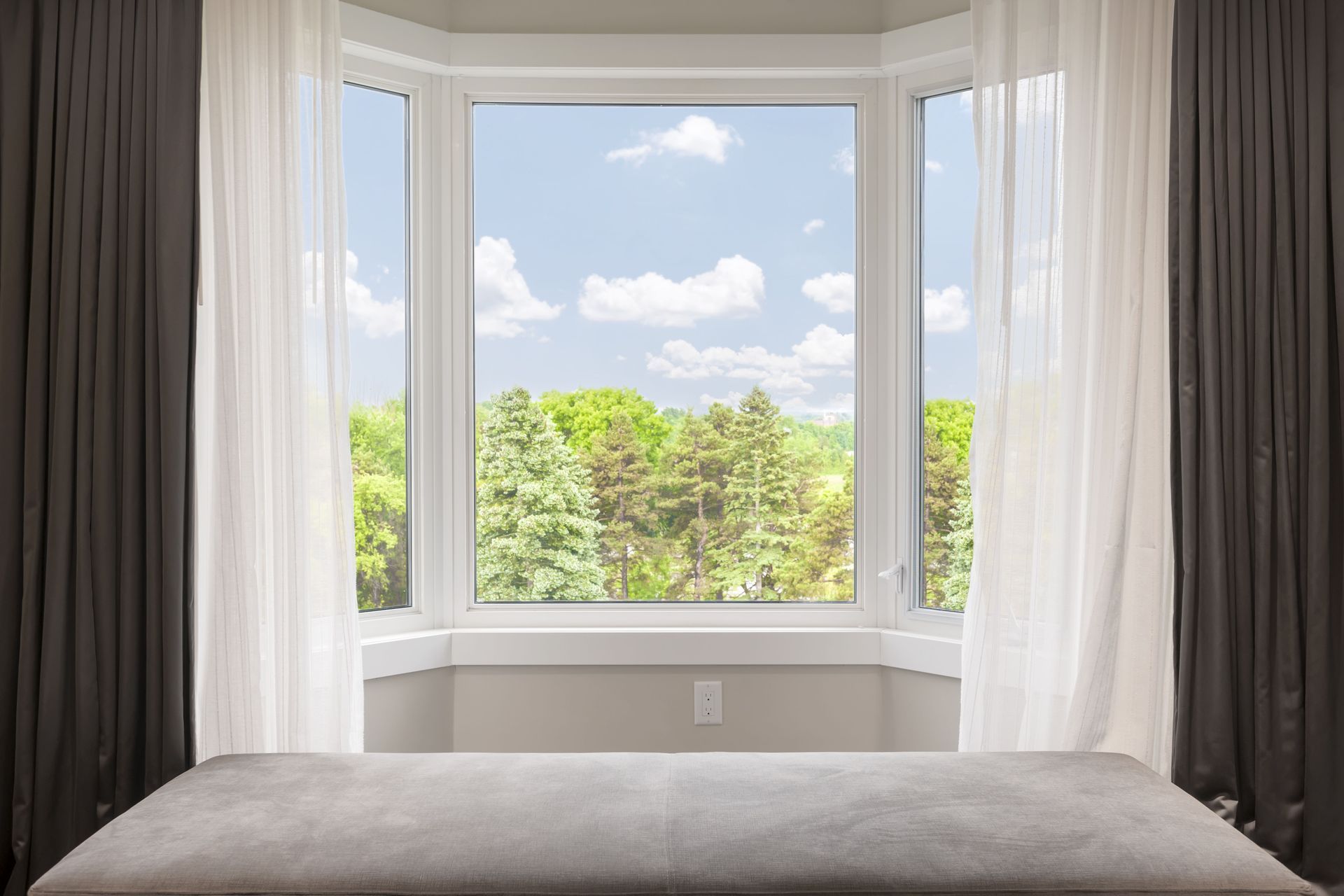
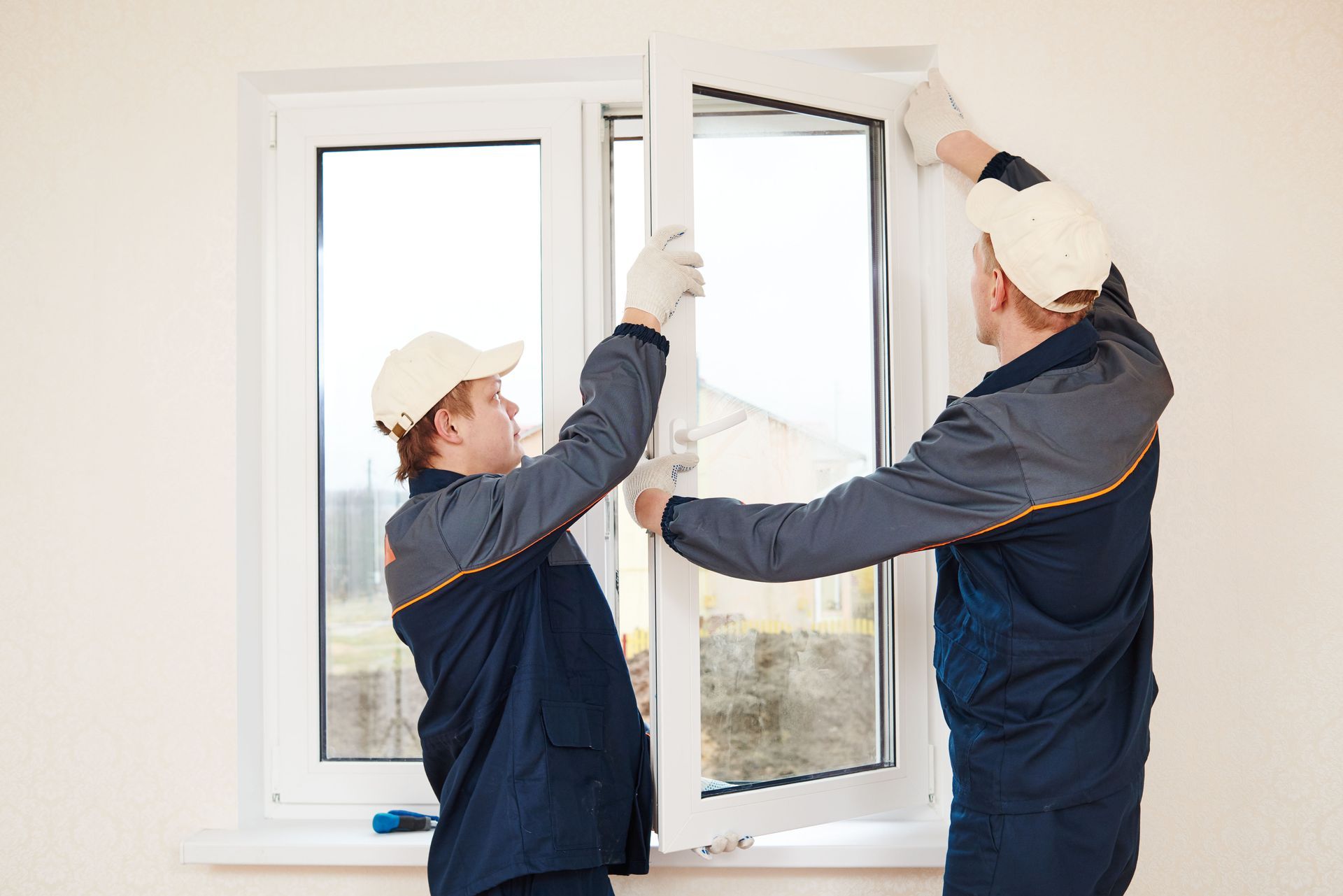
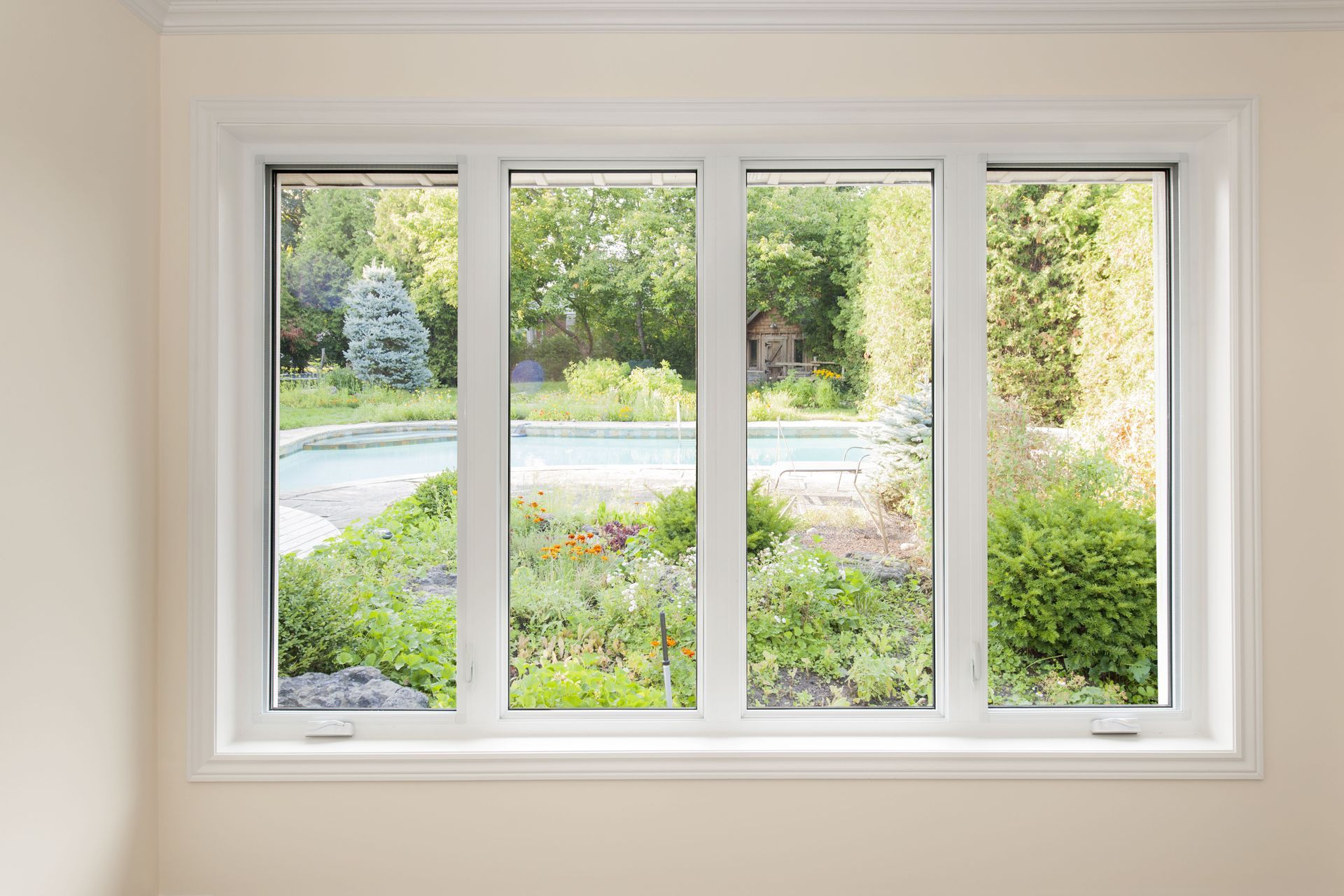

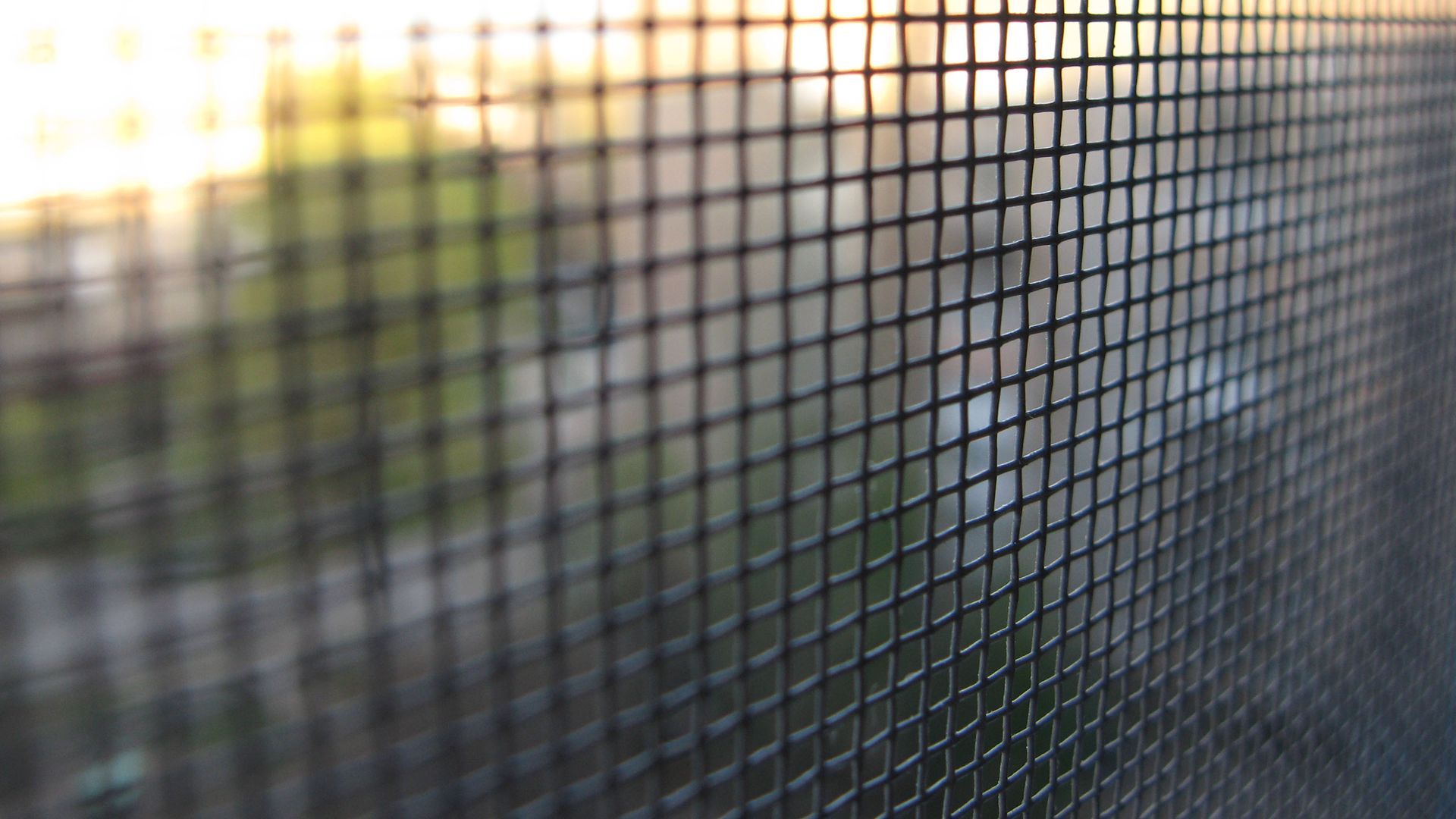
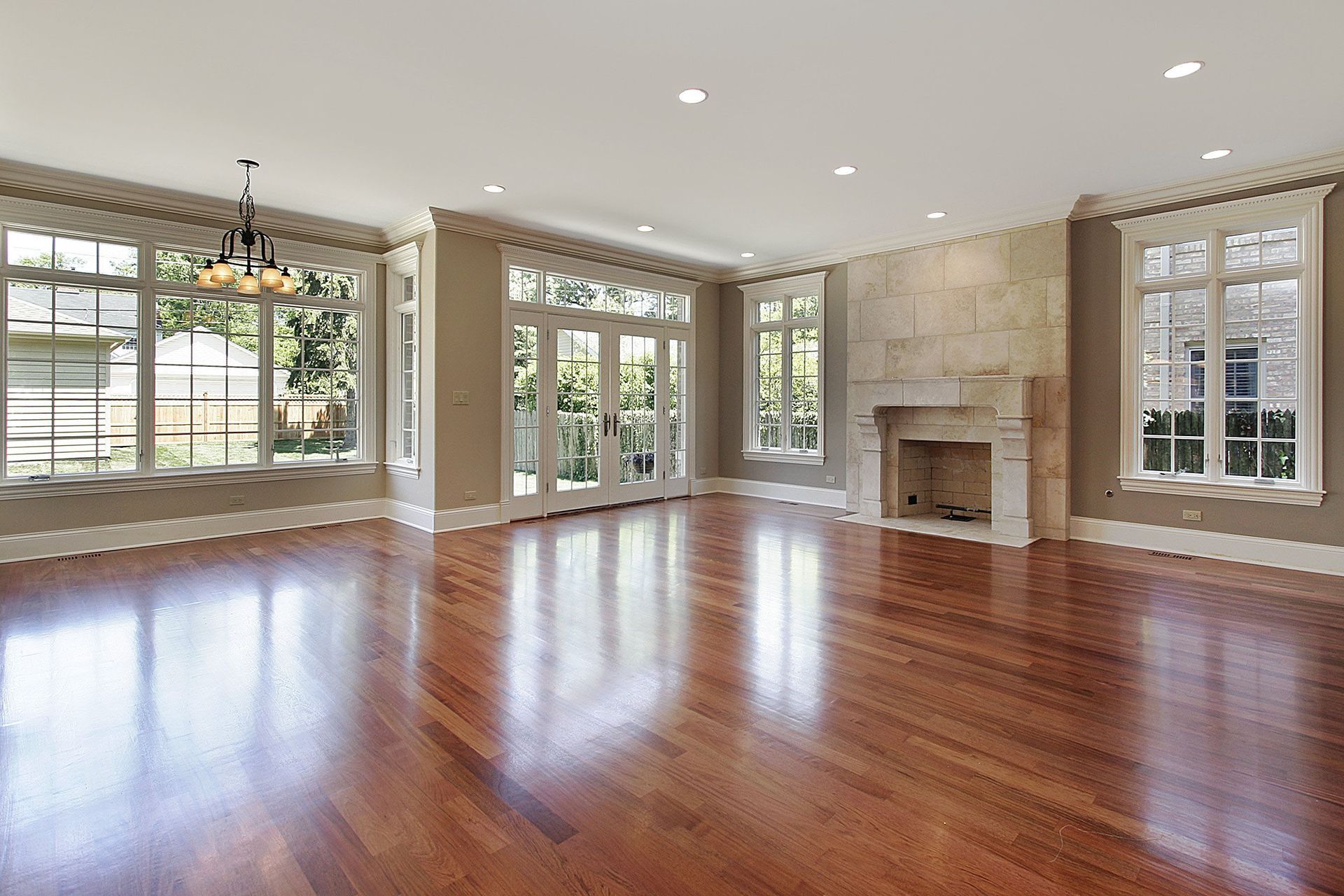
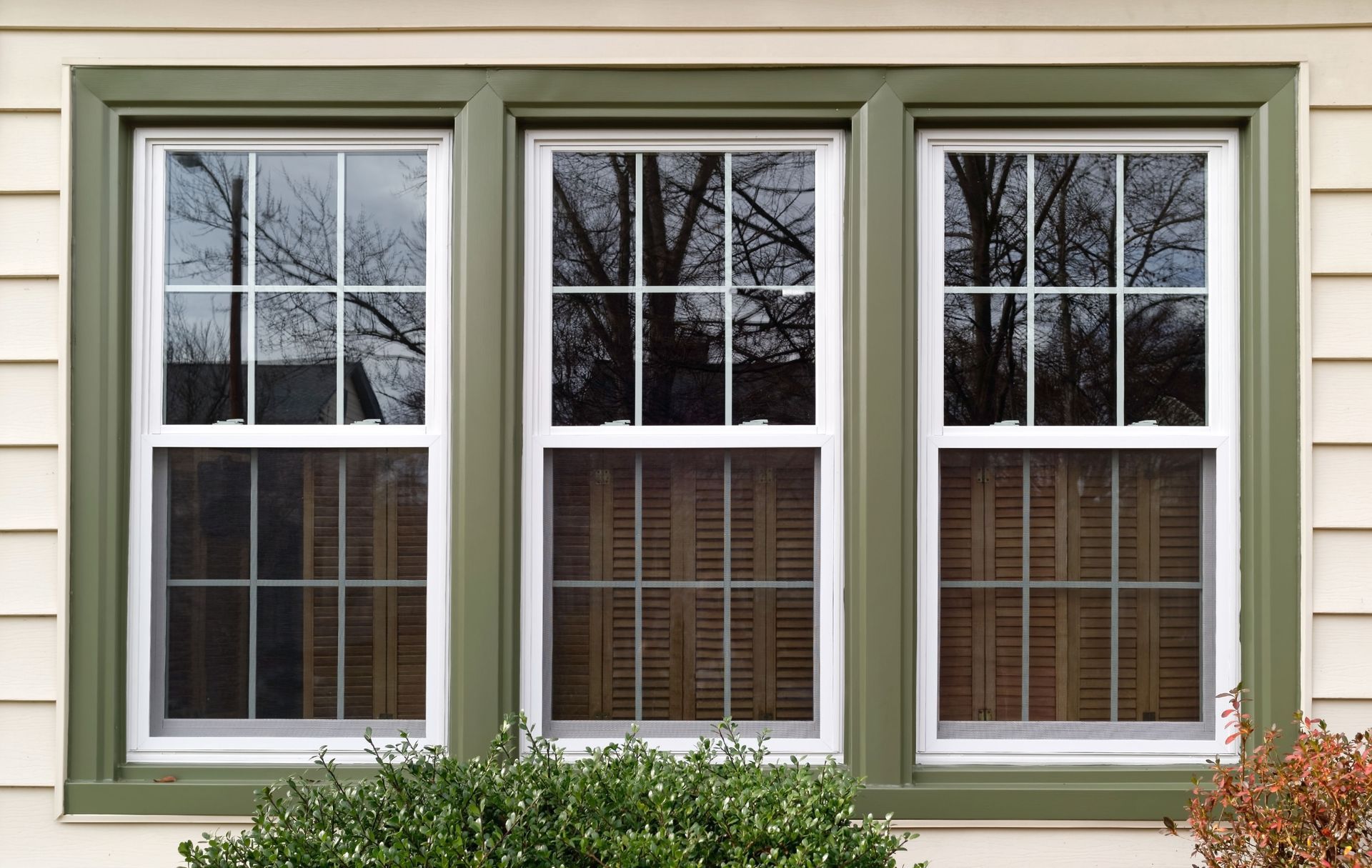
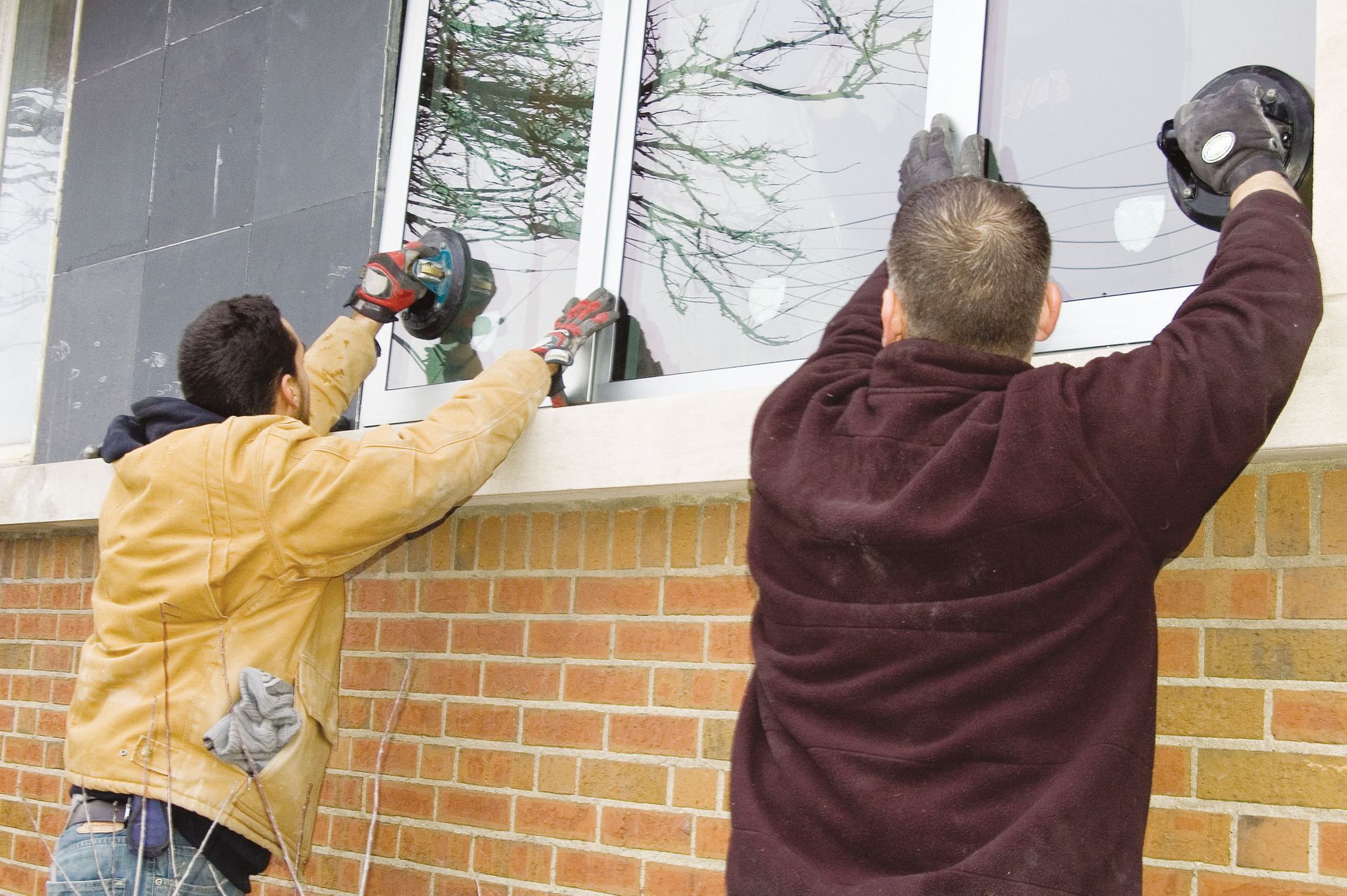
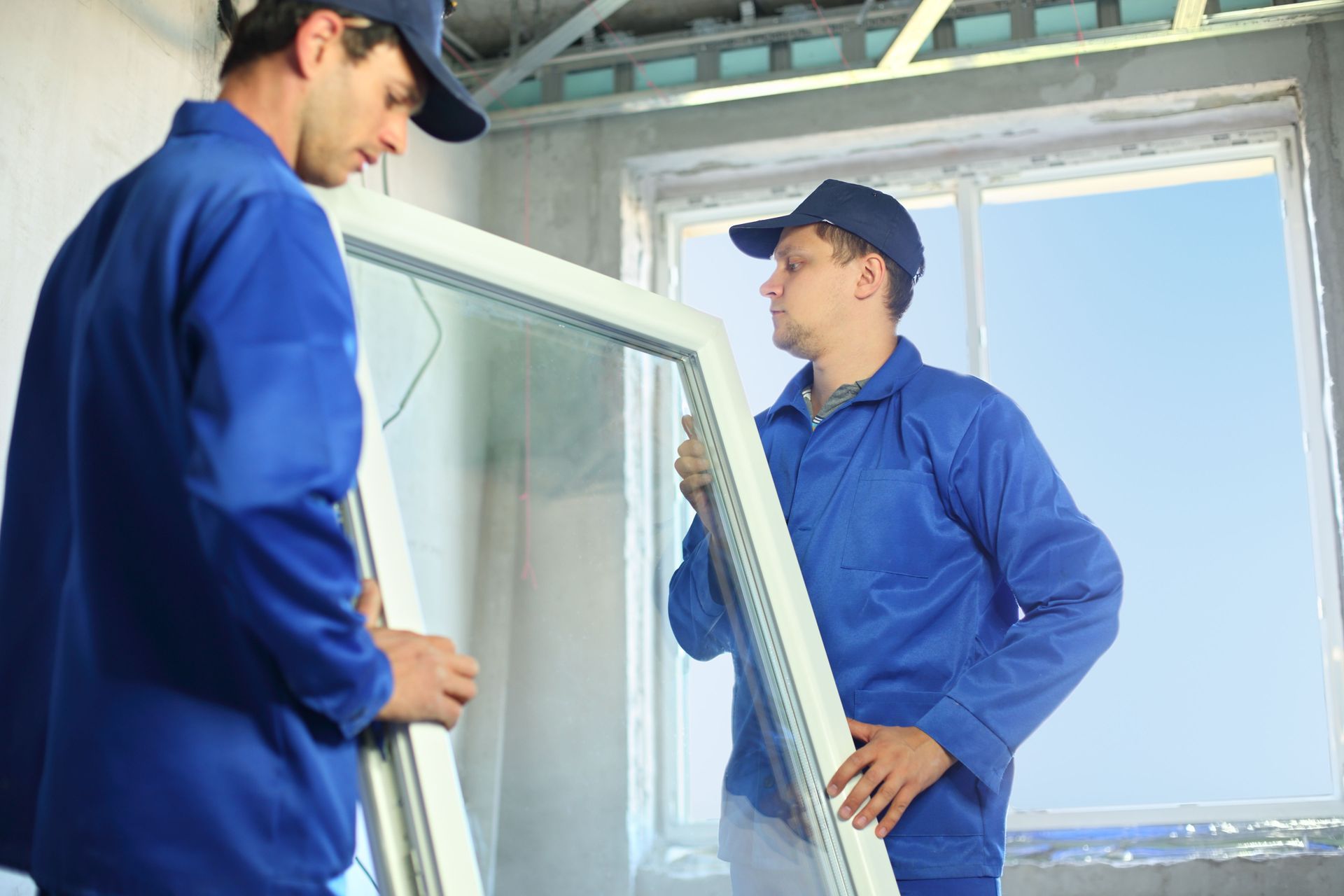
Share On: